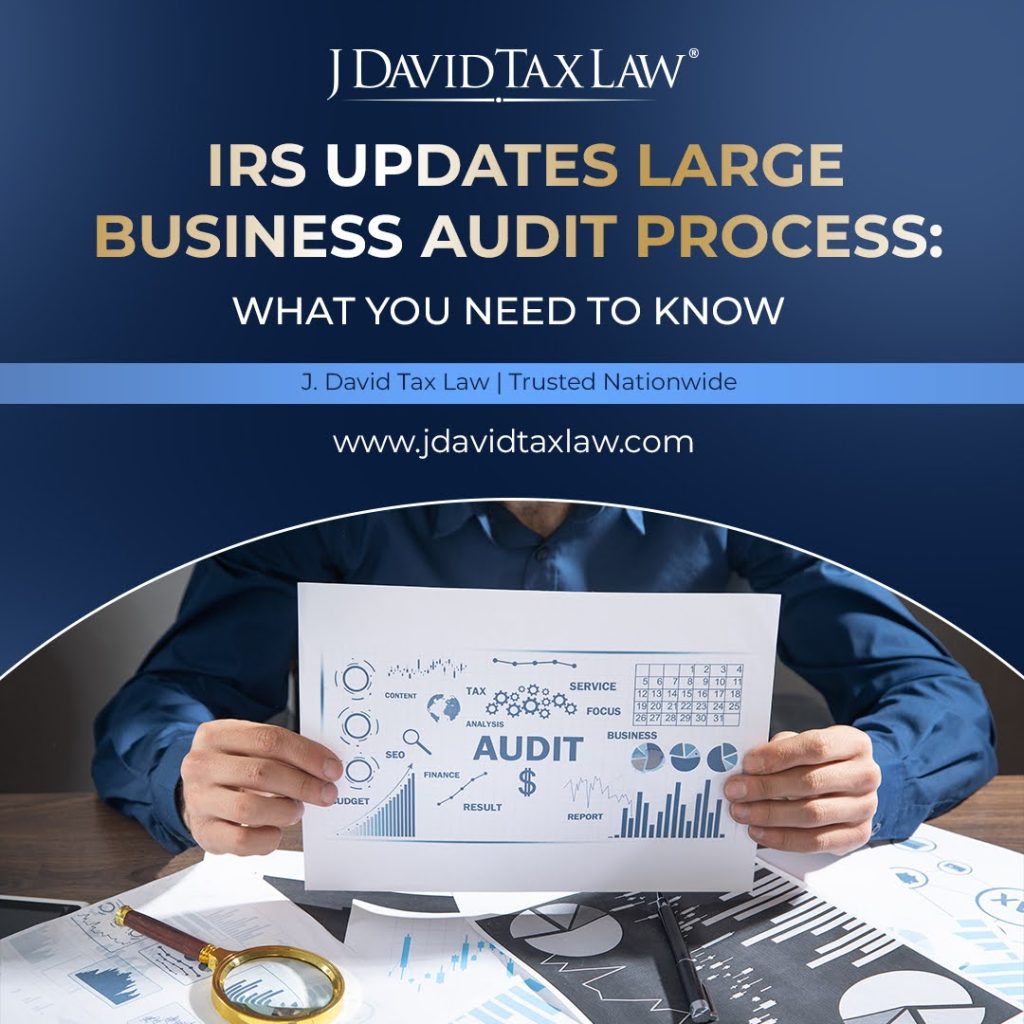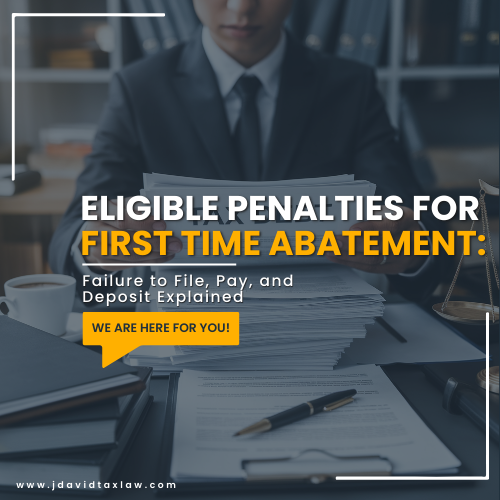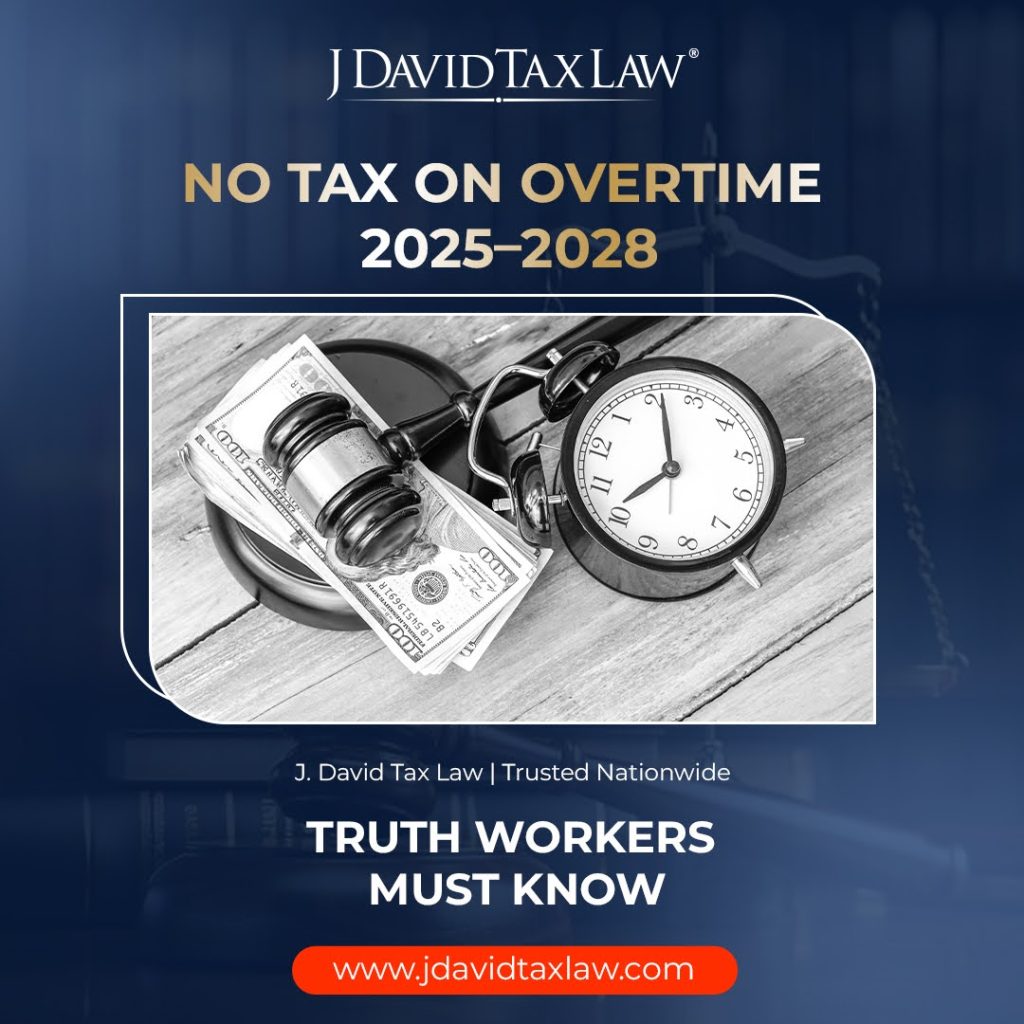The IRS whistleblower program is making headlines in May 2025 with significant expansions and enhancements. This is more than just a news item – it’s a wake-up call for taxpayers with outstanding debts or unreported income. The IRS is doubling down on efforts to close the tax gap by encouraging informants to come forward. In fiscal year 2024 the agency paid out $123.5 million in whistleblower awards (the third-highest amount in the program’s history). With the IRS Whistleblower Program becoming more efficient and rewarding, the message is clear: if you have unresolved tax issues, it’s time to settle up before the IRS finds you.
Understanding the IRS Whistleblower Process: What’s Changed in 2025
The IRS Whistleblower Program, first overhauled in 2006, is designed to encourage individuals to report tax fraud, underreporting, and noncompliance. In return, whistleblowers may be awarded between 15% to 30% of the amount the IRS collects, provided the total dispute exceeds $2 million or involves a taxpayer earning more than $200,000 annually.
To initiate the process, whistleblowers must submit IRS Form 211, outlining credible and detailed information that can lead to enforcement action. Once submitted, the IRS evaluates the claim, and if it leads to collections or penalties, the whistleblower may qualify for a financial reward.
What makes the 2025 updates different is that the program is no longer reactive or sluggish. The IRS has introduced a comprehensive operating plan with 38 initiatives focused on increasing efficiency, enhancing interdepartmental coordination, and reducing award processing delays. This means tips are acted upon faster, whistleblowers are kept better informed, and enforcement actions are more precise.
How the IRS Receives Tips
The power of the IRS Whistleblower Program isn’t just in its financial rewards, it’s in how easy it is for someone to report you.
While the formal whistleblower process involves IRS Form 211 and potential award eligibility, the IRS also accepts anonymous reports through Form 3949-A, known as the Information Referral Form. This form requires no legal expertise or commitment from the informant — just enough detail to raise a red flag.
That means your financial exposure isn’t limited to insiders with hard evidence or disgruntled business partners. It could come from:
These individuals don’t need a lawyer or a reward to act. With one form and a few lines of information, they can trigger an IRS review that could escalate into a full audit or investigation, especially in today’s climate, where the agency is actively encouraging all forms of tax fraud reporting.
If you’ve been assuming your tax situation is invisible or too small to notice, the expanded infrastructure around whistleblower reporting should be a wake-up call. The IRS doesn’t need to find you, someone else might do it for them.
Why the Expansion Matters to You
While whistleblower programs have existed for decades, the IRS’s renewed commitment signals a broader strategy: shift from passive audits to proactive, informant-driven enforcement. That means individuals and businesses who once flew under the radar are now more likely to be scrutinized — especially if someone close to their operations decides to come forward. This matters not just to large corporations or millionaires. Everyday business owners, self-employed professionals, high-income earners, and anyone with inconsistent or unfiled tax returns could be at risk.
With the IRS leveraging whistleblower insights alongside improved data analytics and AI-assisted auditing systems, it’s increasingly likely that irregularities in tax filings will be caught. And when they are, the agency won’t just send a letter — it may initiate wage garnishments, asset seizures, or even passport revocation depending on the severity of the case.
What Happens If You Ignore the Warning Signs
Delaying action on unresolved tax issues may seem like a temporary reprieve but in reality, it can escalate the situation dramatically. Whether your case stems from unfiled returns, unpaid balances, or questionable deductions, the IRS has multiple tools at its disposal to enforce compliance. And with the newly strengthened whistleblower program, the timeline for enforcement is growing shorter.
Below are the key risks that taxpayers face when they delay resolution:
1. Audit or Investigation
An audit is no longer something that happens only to large corporations or high-profile individuals. With the IRS now equipped with advanced analytics and informant-driven insights, even moderate discrepancies can trigger an in-depth review.
If a whistleblower provides information suggesting willful underreporting or fraudulent deductions, the IRS may conduct a comprehensive audit covering multiple years. During an audit, the IRS will demand documentation to support income, expenses, and any claimed credits. If your filings don’t hold up, you may face:
Reassessments with significant balances due
Accuracy-related penalties (typically 20% of the underpayment)
Fraud penalties (up to 75% of the underpayment in severe cases)
Interest accruing from the original due date of the return
In more serious cases, what begins as an audit can escalate to a criminal tax investigation, especially if there is evidence of deliberate evasion, offshore concealment, or structured transactions.
2. Wage Garnishment and Bank Levies
One of the most aggressive enforcement tools the IRS has is the power to issue a levy — a legal seizure of your assets to satisfy tax debt. This includes wage garnishment, in which a portion of your paycheck is withheld and sent directly to the IRS. Unlike other creditors, the IRS doesn’t need to sue you in court to garnish wages. Once they’ve sent required notices (including the Final Notice of Intent to Levy), they can begin collection without a court order.
Wage garnishments often last until the debt is paid in full or until you enter into an acceptable resolution (such as a payment plan or Offer in Compromise). Depending on your income and filing status, you could lose a substantial portion of your paycheck — leaving little room for living expenses. In addition, the IRS can levy your bank accounts, freezing the balance and collecting funds to satisfy your debt. These actions are not only financially destabilizing but can also strain your relationships with employers and financial institutions.
If you have received a levy notice or your paycheck is already being garnished, do not wait for the situation to spiral further. Our licensed tax attorneys have helped countless clients stop wage garnishments fast, often in less than 48 hours. Call us at (888) 342-9436 for a free consultation
3. Tax Liens
If you owe back taxes, the IRS can file a Notice of Federal Tax Lien, which is a public document that notifies other creditors that the federal government has a legal claim to your property. This filing does not mean immediate seizure, but it does secure the government’s interest and significantly impacts your financial standing.
A federal tax lien reaches beyond your dealings with the IRS. It can create long-term obstacles in nearly every area of your financial life. Here are some of the most common consequences:
Limits on selling or refinancing property: If you own real estate, a federal tax lien may prevent you from selling or refinancing it until the debt is resolved. In most cases, the IRS must be paid before or during the transaction, which can delay or cancel closings and limit your access to equity.
Lasting impact despite bankruptcy: While bankruptcy may eliminate some forms of debt, it does not automatically remove a federal tax lien. In many cases, the lien continues to exist on your property even after discharge, meaning the IRS still has a claim when you attempt to sell or transfer that property.
Ongoing financial pressure: Federal tax liens can remain in place for several years, depending on the size of the debt and your responsiveness. Even if the IRS does not pursue collection right away, the lien continues to restrict your financial flexibility. You may find it difficult to borrow money, grow your business, or manage major life events like buying a home.
The presence of a lien signals that your tax issue has reached a serious stage, and resolving it usually requires professional negotiation with the IRS.
4. Passport Revocation or Denial
Since the introduction of IRC § 7345, the IRS has had the authority to certify seriously delinquent tax debts to the U.S. State Department. This certification can result in the revocation or denial of your passport. Currently, if your federal tax debt exceeds $62,000 (including penalties and interest), and no resolution is in place, you are at risk of:
Having your passport application denied
Losing the ability to renew your existing passport
Having your valid passport revoked while abroad, requiring emergency action to return home
This enforcement measure is particularly disruptive for business owners, executives, or individuals who travel internationally for work or family.
Don’t Wait: Resolve Your Tax Issues Now
The good news is that it’s almost never too late to come into compliance and negotiate a manageable resolution – but you must act before the IRS forces your hand. Now that the IRS is effectively placing an IRS bounty on tax delinquents through an expanded whistleblower program, proactive action is your best defense. By addressing your tax debt now, you take control of the situation instead of reacting to an audit or enforcement notice.
Start by consulting a qualified tax professional or attorney who specializes in tax debt resolution.
At J. David Tax Law, for instance, we closely monitor IRS enforcement trends like these whistleblower program changes, and we help clients craft solutions to resolve their liabilities. Our experienced tax attorneys can guide you through options like offer in compromise, penalty abatement, or structured payment plans. We handle all communications with the IRS on your behalf, protecting your rights and negotiating the lowest possible obligation – whether that means reducing the total debt or stopping the harshest collection tactics.
Frequently Asked Questions
Yes — even if you suspect a whistleblower has reported you or you’re already under IRS enforcement, you still have options. Collection actions like wage garnishments, bank levies, or liens can often be paused or resolved through legal channels. Tax attorneys can negotiate settlements, initiate appeals, or stop garnishments in as little as 48 hours. If you’re at risk, call (888) 342-9436 for immediate legal help before the situation worsens.
Yes, the IRS Whistleblower Program offers financial rewards to individuals who report substantial tax fraud or underpayment. If the IRS collects money based on your information, you may be eligible for 15 to 30 percent of the amount recovered. The total tax, penalties, and interest must generally exceed $2 million. This reward is intended to encourage insiders to come forward with credible evidence.
Whistleblowers may receive 15 to 30 percent of the total amount the IRS collects, including tax, penalties, and interest. The exact percentage depends on the quality of the information and the role the whistleblower plays in the case. In high-dollar cases, this reward can reach hundreds of thousands or even millions of dollars. Payments are typically issued after the IRS completes the enforcement and collections process. Claims that don’t meet minimum thresholds may be denied.
Once the IRS receives your report, they assess the credibility and detail of the information provided. If the case is strong, it may trigger a civil audit or criminal investigation. You will not be notified of the status if you file anonymously, and whistleblower claims may take time to process. If you submitted Form 211, you could be eligible for a reward if the IRS recovers funds. Reporting tax fraud is a serious legal matter and should be done with care.




















